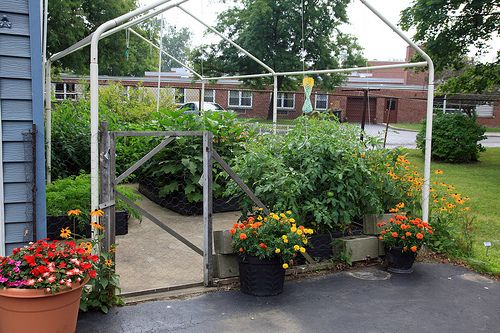
Manure and compost teas are currently a hot gardening topic even if they’re up for scientific debate. The question is “Does ‘tea’ brewed from compost or aged manure really give plants (soil) a burst of life-supporting nutrition?”
In my experience, the answer is yes.
Personally, I feel that my plants have benefited from applications of both compost teas and manure teas throughout the growing season. Am I a scientist? Not by any stretch of the imagination. However, I can tell you that I’m (by far) not alone in my theory and many successful, highly-regarded gardeners have used these organic brews as fertilizers for their gardens and have had what they’ve referred to as “impressive results.”
I’ve seen Carolyn Binder of Cowlick Cottage Farms rave about her experiences with manure tea and Rosechat Radio co-host, Teresa Byington of The Garden Diary is sold on it big time. There are those in the industry who claim that inviting your plants to high tea doesn’t do much of anything due to the fact that these brews haven’t been scientifically proven or recorded as doing so. Fair enough.
I base my beliefs on what’s working for me and what’s growing on around here (pun intended). Perhaps the only way to decide is to try it for yourself and see if it makes a difference for your plants. One thing is certain; it won’t do any harm.
If you’d like to give manure or compost tea a try, this is what you’ll need:
- A burlap sack, cheesecloth, or fine netting in which to strain the compost
- A 5-gallon bucket or any large, water-tight container
- Water
- Compost
You’re after a ratio of about 1 part compost to 5 parts water. Using more compost will brew a stronger tea. Add the compost to the burlap sack or tie it into the netting like a giant tea bag.
Fill the bucket up with water and place the tea bag into the bucket to steep for 24 hours to several days. Remove the tea bag from the bucket, empty the contents into your garden and use the tea to water your plants. I like to water with the tea every couple of weeks.
You can also make manure tea by replacing the compost with aged manure and using the same method as above. The key here is aged (6 months or more)– not fresh from the local horse stable. Also remember that the manure should be from herbivores such as cows, horses, goats, sheep, llamas, alpacas, or my personal favorite — rabbits.
Pre-Packaged Moo Poo Tea Bags
Of course, you can always take the easy route and purchase pre-packaged 100% organic, moo poo tea that comes in “personal-sized” tea bags, which are perfect for home gardens. My favorite moo poo tea bags come from Authentic Haven Brand Natural Brew. Using the tea bags is a no fuss, no muss way of feeding your garden simply and organically.
If you do put your garden on a tea feeding schedule, share your experiences here with us!
Fine Gardening Recommended Products
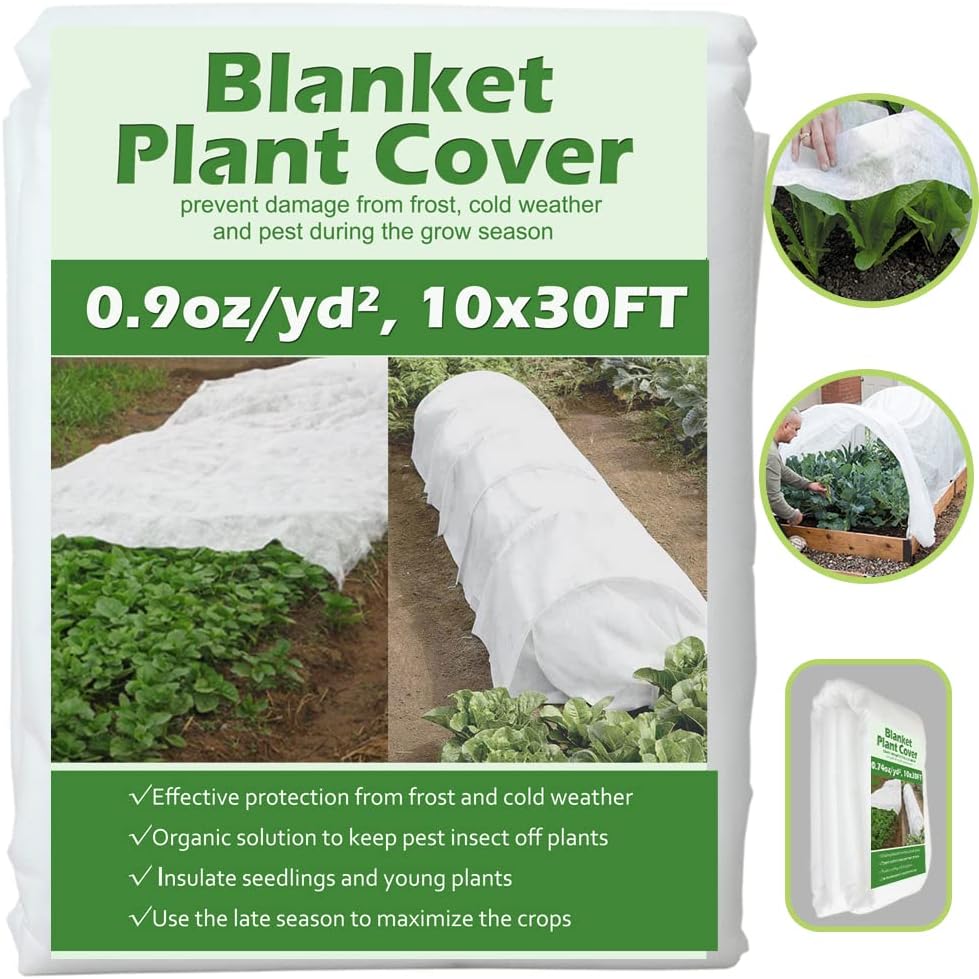
Plant Covers Freeze Protection 10 ft x 30 ft Floating Row Cover 0.9oz/yd²
Fine Gardening receives a commission for items purchased through links on this site, including Amazon Associates and other affiliate advertising programs.
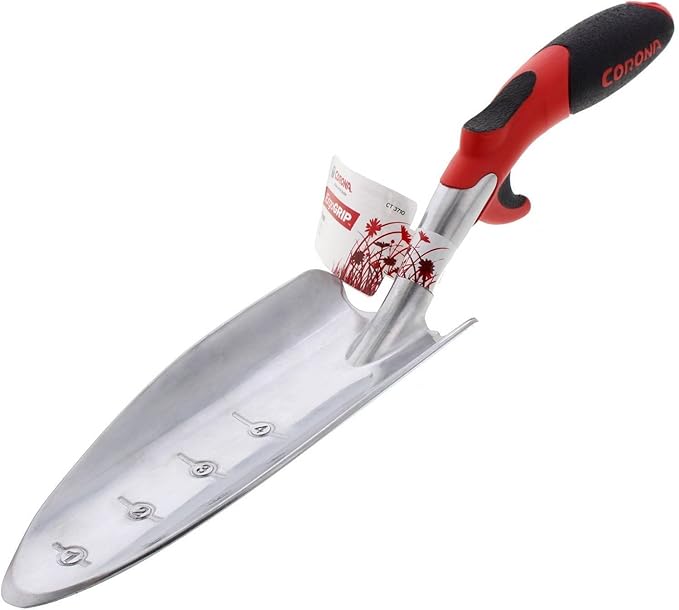
Corona E-Grip Trowel
Fine Gardening receives a commission for items purchased through links on this site, including Amazon Associates and other affiliate advertising programs.
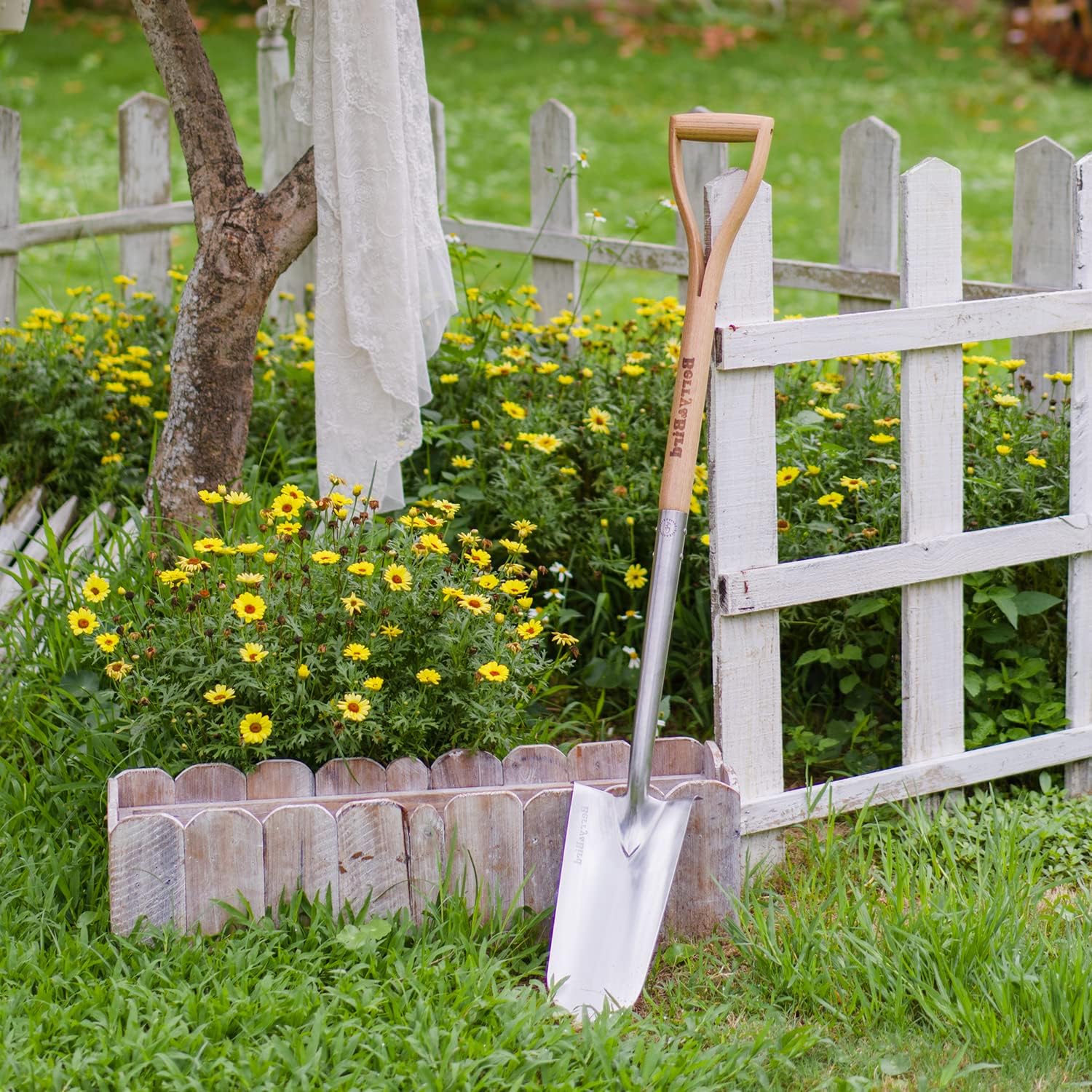
Berry & Bird Rabbiting Spade, Trenching Shovel
Fine Gardening receives a commission for items purchased through links on this site, including Amazon Associates and other affiliate advertising programs.


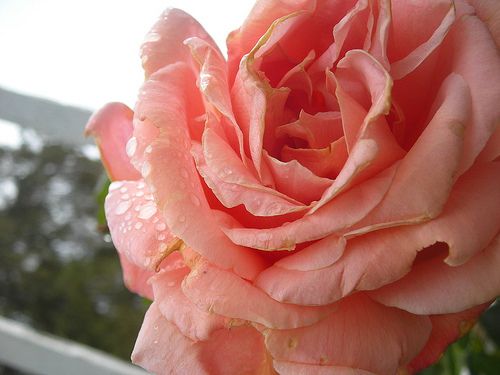
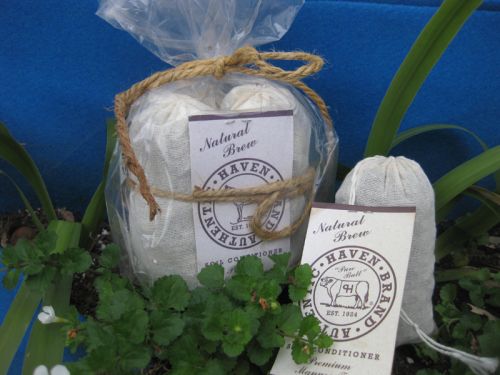
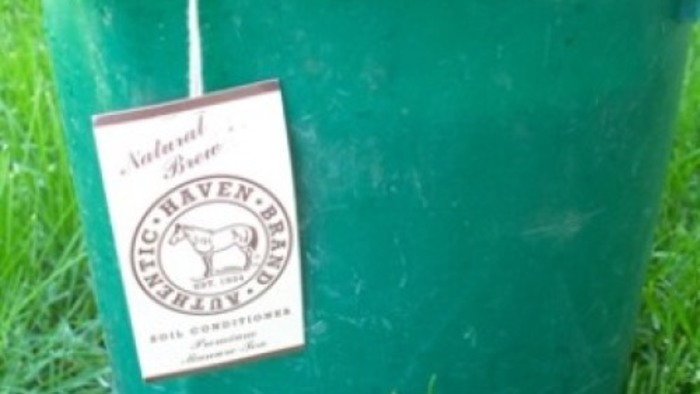
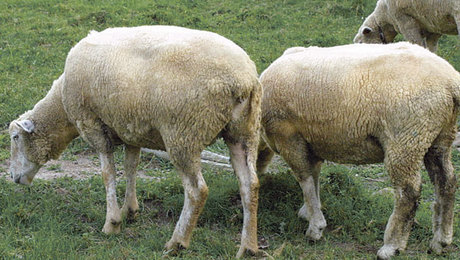



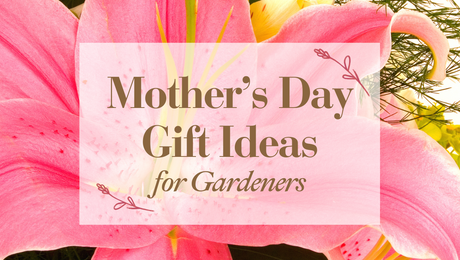
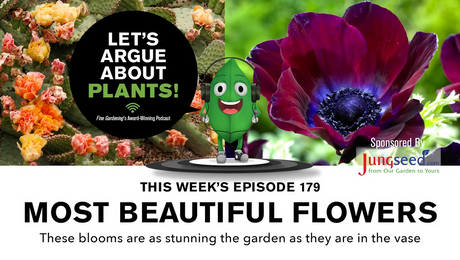










Comments
Log in or create an account to post a comment.
Sign up Log in